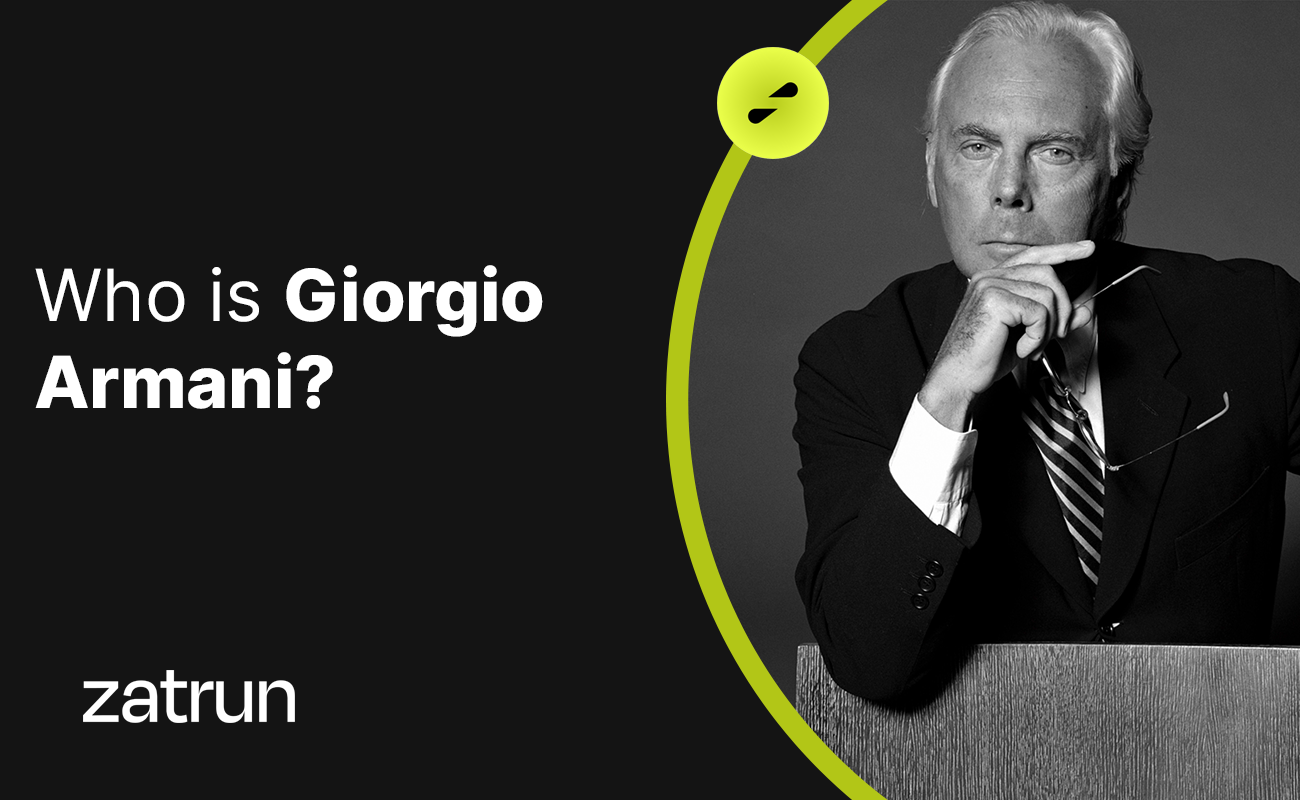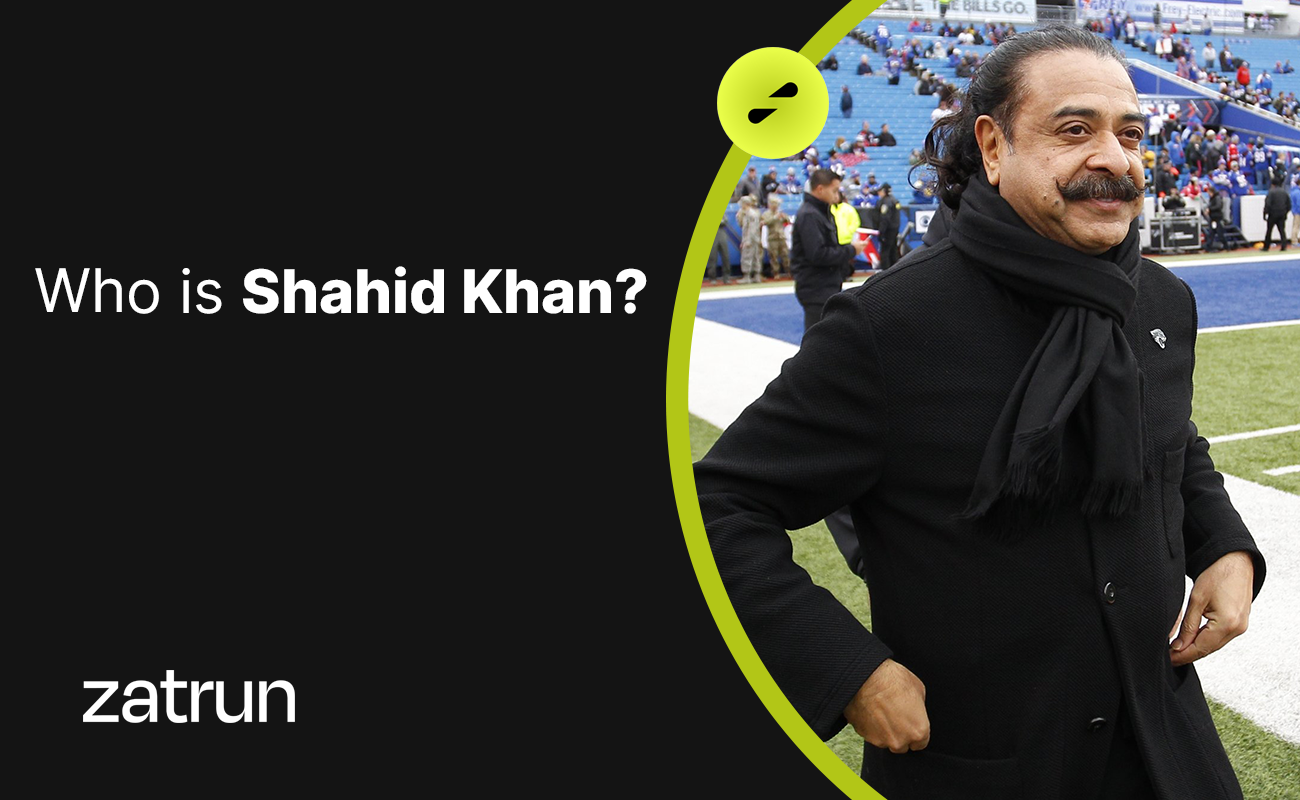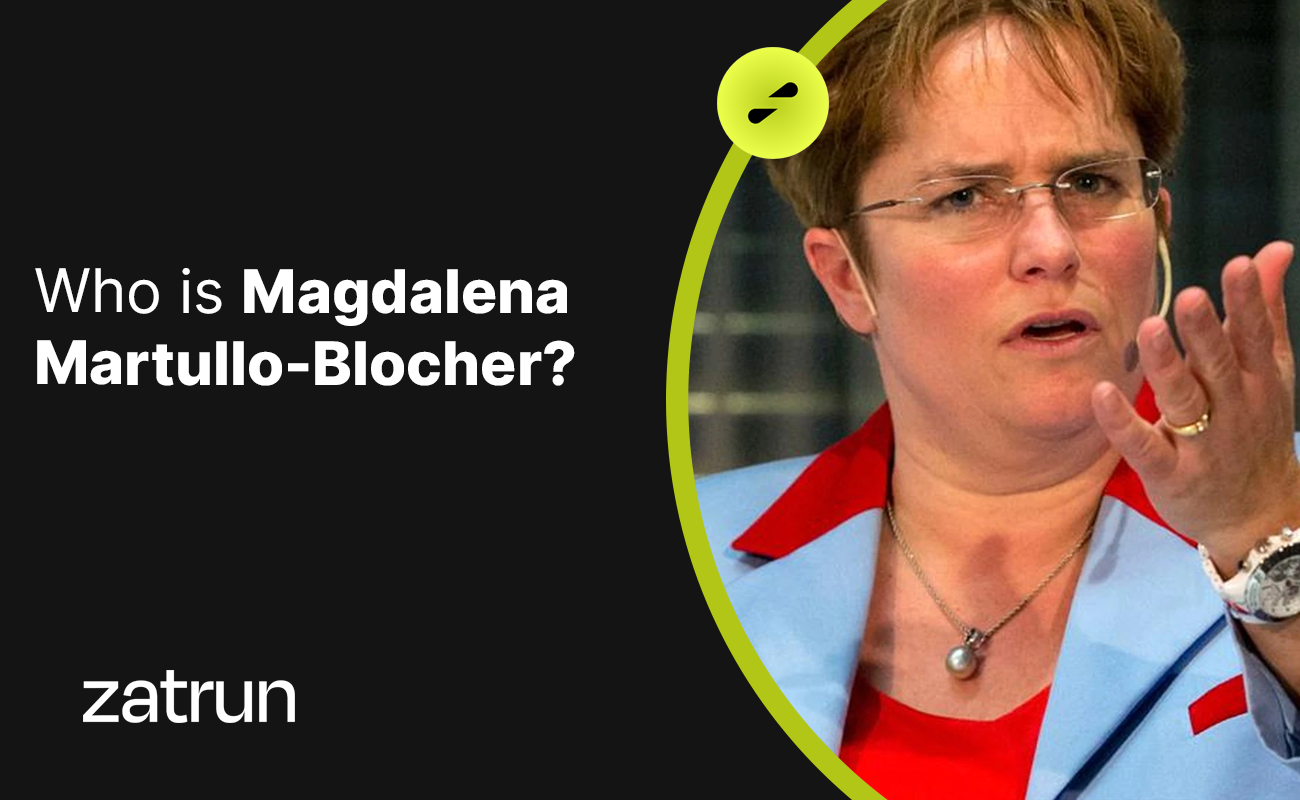Theodore Schultz was an American agricultural economist and chairman of the Department of Economics at the University of Chicago who won the Nobel Prize in Economics in 1979 along with Sir Arthur Lewis. Schultz’s work focused on the role of the agricultural sector in economic development in both developed and developing countries.
His work also made significant contributions to the concept of human capital, a sub-branch of education capital. Schultz analysed the role of investments in education and changed the prevailing ideas on this subject at that time. If you want to learn more about him, you can check out the subheadings in this Zatrun.com article.
Who is Theodore Schultz?
Theodore Schultz was born in 1902 on a small farm in South Dakota, USA. His father took him out of school after eighth grade and made him work on the farm. Schultz later enrolled in a three-year programme at South Dakota State College that lasted four months during winter. He earned his bachelor’s degree in agriculture and economics in 1928 thanks to his academic success during his studies. He then did his PhD in Agricultural Economics at the University of Wisconsin-Madison.
Theodore Schultz began his academic career as a faculty member at Iowa State University from 1930 to 1943. He then moved to the University of Chicago and became a professor there. Theodore Schultz’s work had a great impact on economic thought.
He was considered one of the founders of development economics and one of the pioneers of human capital theory because of his work. After his contributions to science, he passed away in 1998 in Evanston, Illinois. However, his work and books are still discussed today at faculties. Below you can find some of these works.
His Most Important Works
- Measures for Economic Development of Underdeveloped Countries (1951): In this book, Theodore Schultz discusses the measures necessary for the economic development of underdeveloped countries. According to Schultz, the biggest problem in these countries is the lack of human capital and its inefficiency. Therefore, investment should be made in factors that increase human capital such as education, health, nutrition.
- Transforming Traditional Agriculture (1964): In this book, Schultz analyses how traditional agriculture can be transformed into modern agriculture. According to Schultz, farmers are rational individuals who make production decisions based on profitability expectations. Therefore, farmers should be provided with new technologies, seeds, fertilizers and other opportunities and marketing conditions should be improved.
- The Economic Value of Education (1963): In this book, Theodore Schultz presents the methods that can be used to measure the economic value of education. According to Schultz, education is beneficial both individually and socially. Education not only increases one’s income but also improves one’s adaptation ability, productivity, and welfare. Education also contributes to the economic growth, technological progress, and social cohesion of society.












